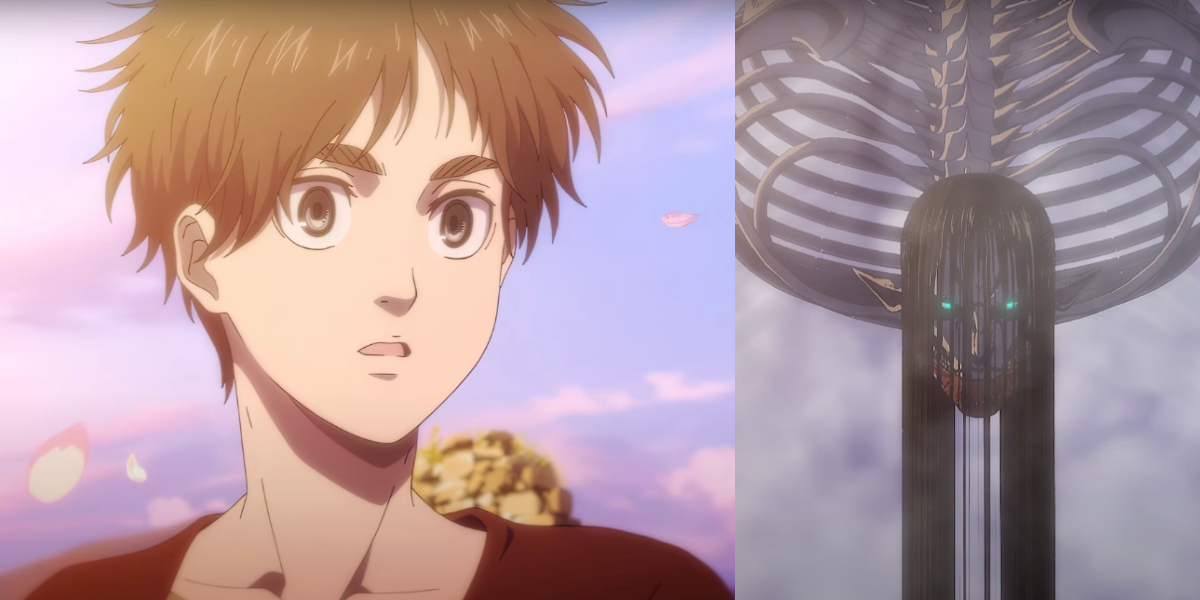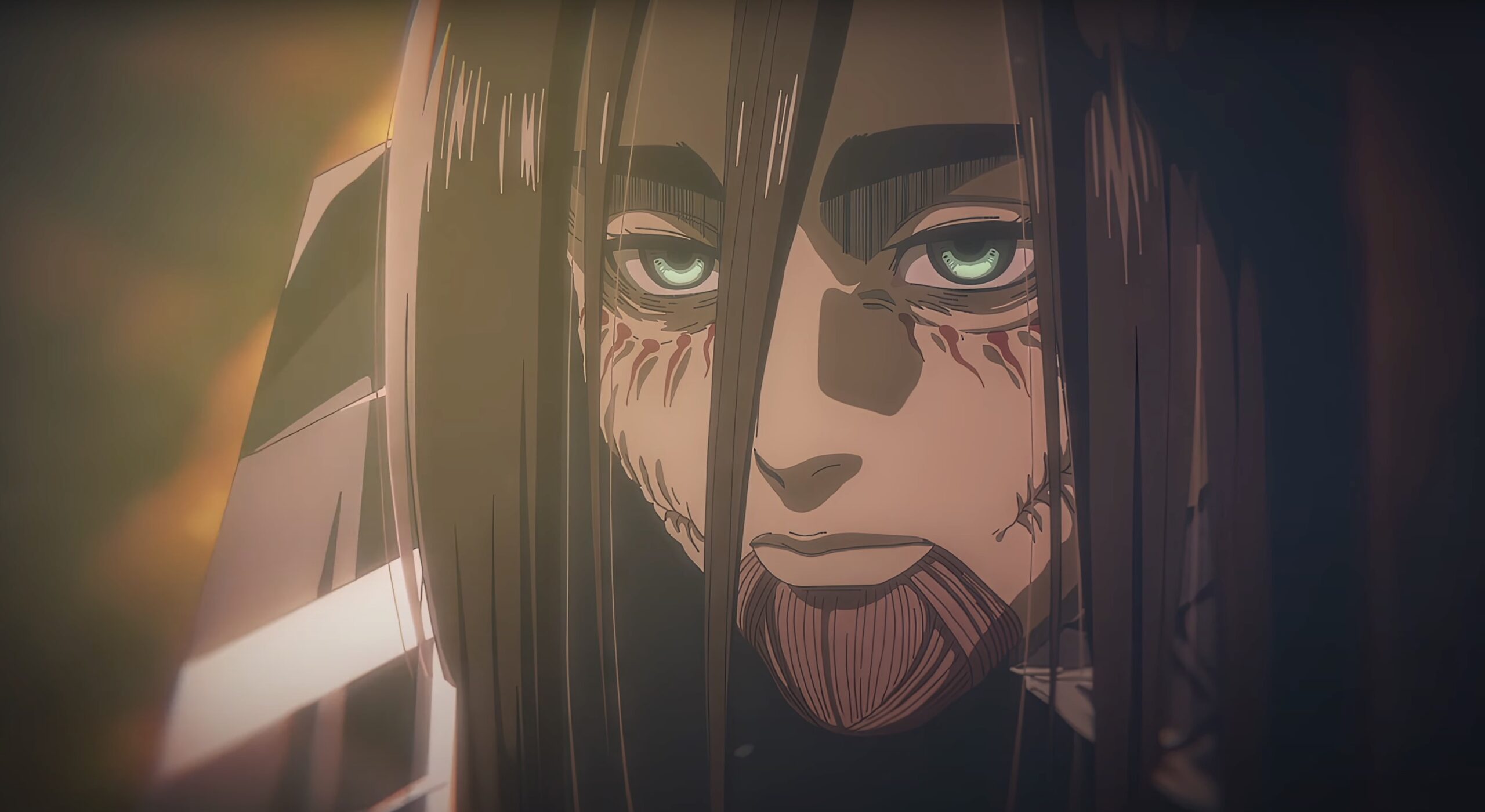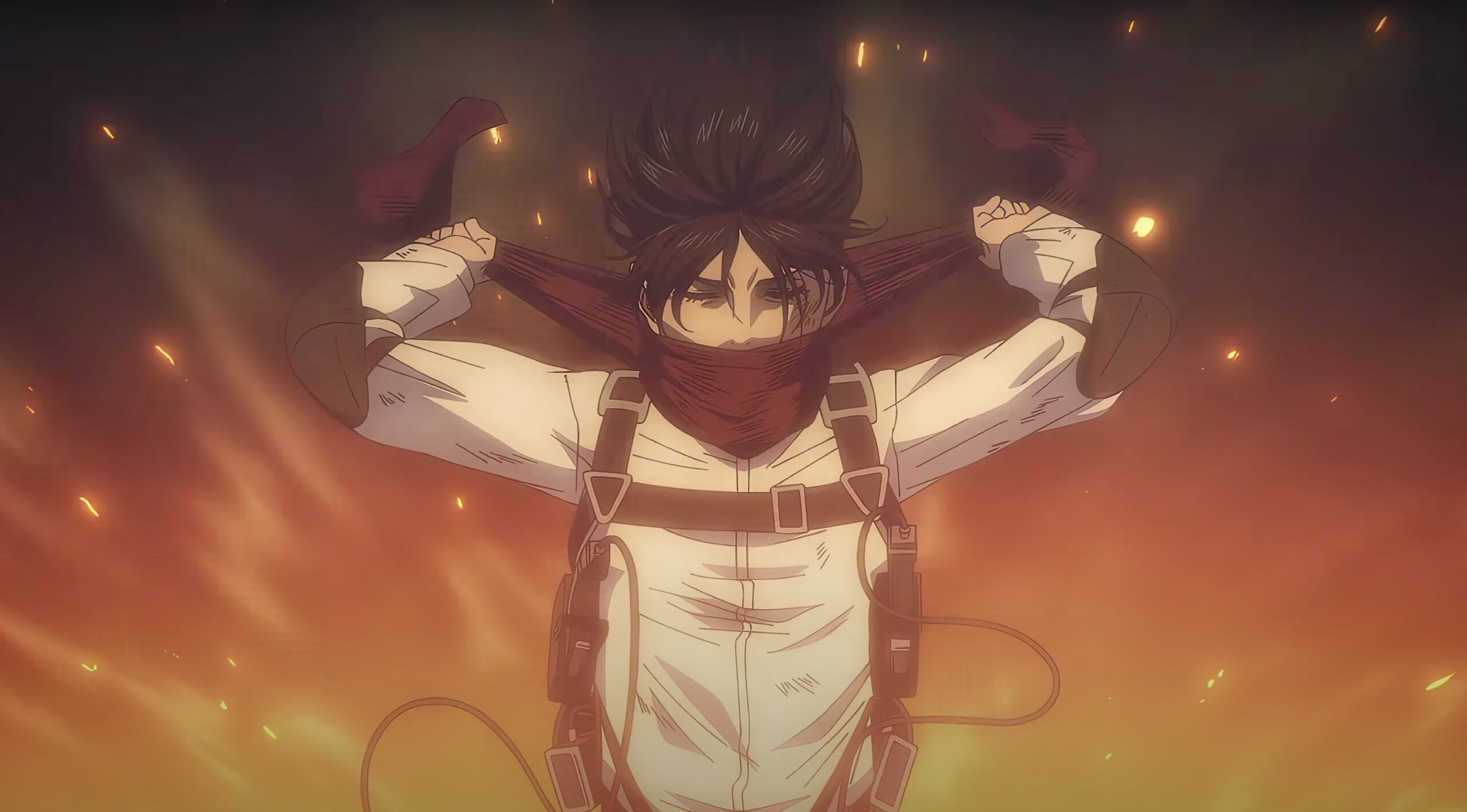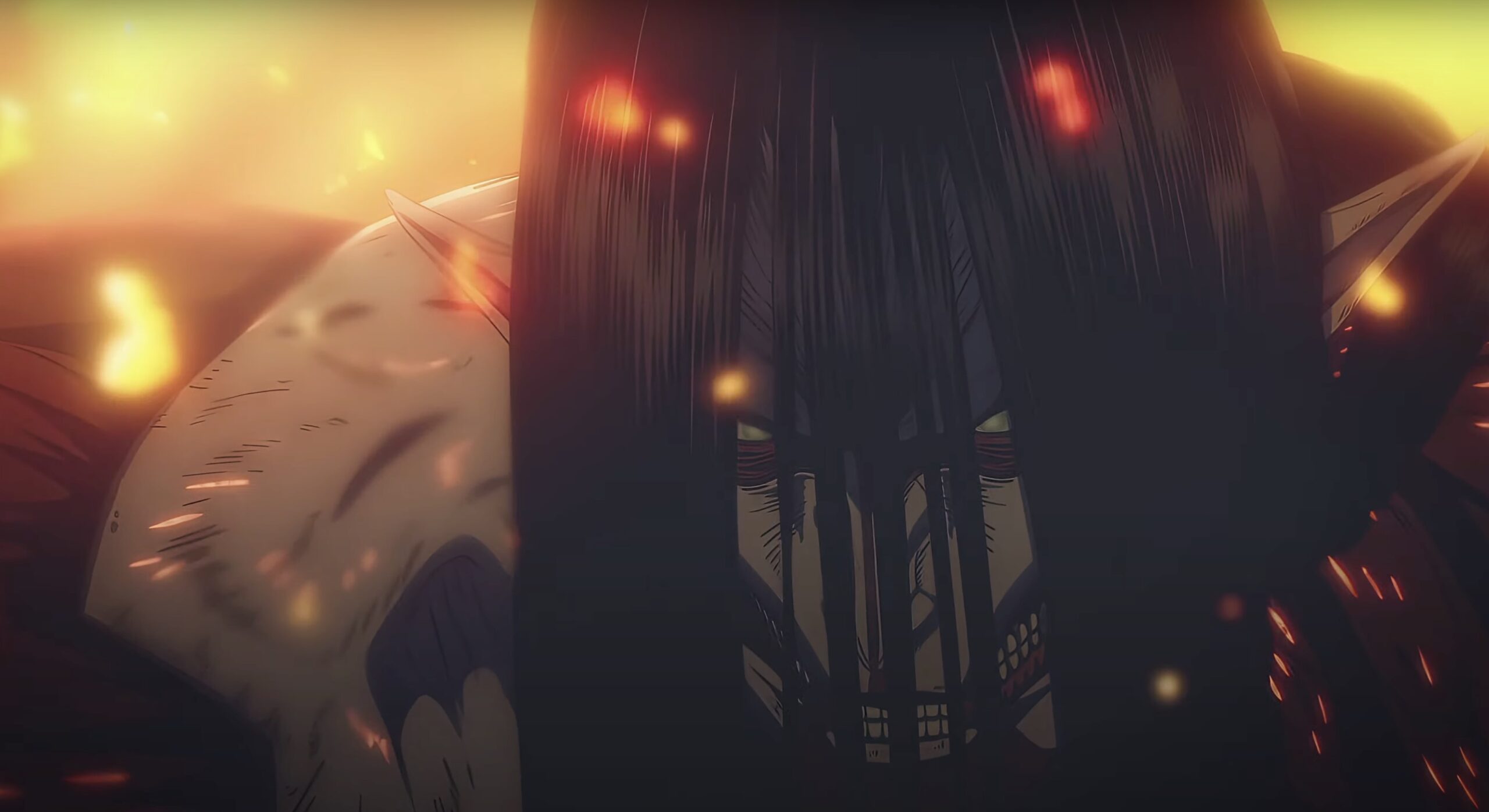Explore a clear breakdown of the Attack on Titan ending, unraveling key plot points and character resolutions.

The ending of Attack on Titan has caused much debate among anime and manga fans. After continuous twists, betrayals, and moral dilemmas of so many years, the story of Hajime Isayama’s Attack on Titan ended with an emotional and complicated end. It was not a surprise for a show that blurred the line between right and wrong throughout the storyline, dividing the whole fandom into several parts.
Attack on Titan consistently subverted the audience’s perception of freedom, power, and living even throughout the series. The final moments were no different as they showed an unexpected but befitting resolution to the story. Viewers were divided on whether it was a bold narrative choice or if one could not accept the given end after a long journey.
The conclusion is highly ambiguous because of the character development and unresolved mysteries left by the narrative. Therefore, it is crucial to understand what happened by examining the major events during the finale. This explanation will break down the critical points, themes, and hidden details that shaped the ending.
Attack on Titan Ending Explained

At the end of Attack on Titan, Eren Yaeger is fatally killed by Mikasa, who ends his plan to bring the destruction of the whole world through Rumbling. In this protracted and violent battle, Mikasa decapitates Eren inside the gigantic form of the Founding Titan. She then buries his head under a tree where they used to have memories they once shared. A post-credit scene shows Mikasa living a fruitful life and laying flowers at Eren’s grave with her family.
After Eren’s death, all the Titans disappeared from the world. All the transformed people, even the Eldians, turned back into humans again. Armin, who fought alongside Mikasa and the others, bid farewell and went on. The power of the Titans, which dominated their world for a long time, finally disappears. In the aftermath, Paradis Island finds itself on an uncertain path. With Eren’s death, the immediate threat has disappeared, but tension among the nations remains high. We see Armin, Annie, Reiner, Jean, and others arriving at Paradis to negotiate a truce with Historia on behalf of the rest of the world, and the ending scenes show that the negotiations have been somewhat fruitful. Levi also survives the war and enjoys his retirement with Gabi and Falco.
However, the ending montage showcases Paradis eons after Eren’s death, where peace slowly decays and war resumes. Paradis is bombed, and we can assume that the rest of the world, including Marley, follows the same pattern. This montage heavily implies that the cycle of violence remains intact, even at the expense of Eren’s sacrifice. Long after the dust has settled and the debris of war has been overtaken by nature and forests, a nameless young boy finds the tree where Eren’s remains were buried.
The Attack on Titan ending highlights that Eren’s extreme measures for saving his friends and Paradis only delayed the war in the world for some time. The destruction of Paradis in the future has indicated that complete peace is not possible.
Why is the Attack on Titan Ending Controversial?

The ending of Attack on Titan sparked controversy among fans. After Eren Yeager set off The Rumbling, he killed millions of people, which marked a huge shift from being the hero to becoming a mass murderer. However, fans took two issues with the ending.
The chief problematic part is Eren’s redemption arc. In his final conversation with Armin, Eren admitted that he planned to be the villain so his friends could emerge as heroes. This seemed to be an effort to paint Eren in a far more positive light than his recent actions could ever justify. Fans found it odd how one responsible for such a genocide could be pronounced noble or redemptive.
After Mikasa killed Eren, peace seemed achievable between Paradis and the rest of the world. The anime expanded on this more than the manga. However, the very end of the series brought forth another issue. The ending montage shows that in the far future, Paradis and Marley, by extension, become embroiled in another destructive war. Some fans took this to mean that all of Eren’s sacrifices were in vain because the cycle of violence continued. Many were unsatisfied with such a disillusioning ending because Eren’s grand plan, seeming to justify his horrific acts, led to nothing.
Fans believe that a tale where freedom and sacrifice are the messages should not end in chaos again. Transitions from Eren’s death into the continued conflict were rushed. Some believe that a different sort of ending might have respected the journeys of each character toward an even more fitting fulfillment. This intersection of expectations and results does nothing but strengthen the debate over Attack on Titan‘s conclusion.
How Attack on Titan Ending Fits the Series Theme Perfectly

The ending of Attack on Titan is well in line with the underlying themes of the series. As it runs its course, the show wrestles with big ideas: freedom, sacrifice, and the vicious cycle of violence. It all gets summed up at the end as a message that freedom sometimes comes at an extremely high price.
Eren Yeager’s transformation from a hopeful hero to a tragic villain illustrates this perfectly. He believes that only by destroying everything he can ensure that his friends are free at all costs. His extreme choice emphasizes the moral ambiguity that defines the series. This brings out the theme of sacrifice, especially seen in Mikasa’s tragic choice to kill Eren. She did not act from love but as an absolute necessity in breaking the cycle of hate. That was a turning point as it tried to tell viewers that personal attachment can sometimes make it hard to choose freedom. It is also sad, as sometimes love involves doing painful things for the greater good.
The montage ending of Attack on Titan painfully leads one to conclude a cyclical existence in the real world. No matter how earnest the previous generation might have been in laying a foundation for peace, their descendants would go back to violence. Even at its climax, the series never had a fairy tale ending in its mind. Expecting such an ending would be unfair to Isayama’s actual vision. This depicts the stern truth that, even after great sacrifice, the cycle of conflict would not end, leaving a legacy about the plight of humankind over history. However, the same cycle also dictates that the era of peace will return, and there will always be people like Eren, Armin, and Mikasa who will seek freedom, justice, and hope.
Conclusion
The conclusion of Attack on Titan is planted heavily in themes of freedom and sacrifice. It forces the viewers to ponder the darker aspects of choice and its eventual outcome. The transformation of Eren into a villain and the heart-wrenching decision taken by Mikasa define the heavy burden that freedom demands. The strong reactions of fans in response to this show how invested the people are in the characters and the storyline.
Looking For More?
Thank you for reading the article. We provide the latest news and create guides for Baldur’s Gate 3, Starfield, ARK Survival Ascended, and more. Also, watch Deltia play games on Twitch or visit his YouTube channel!
 Reddit
Reddit
 Email
Email


